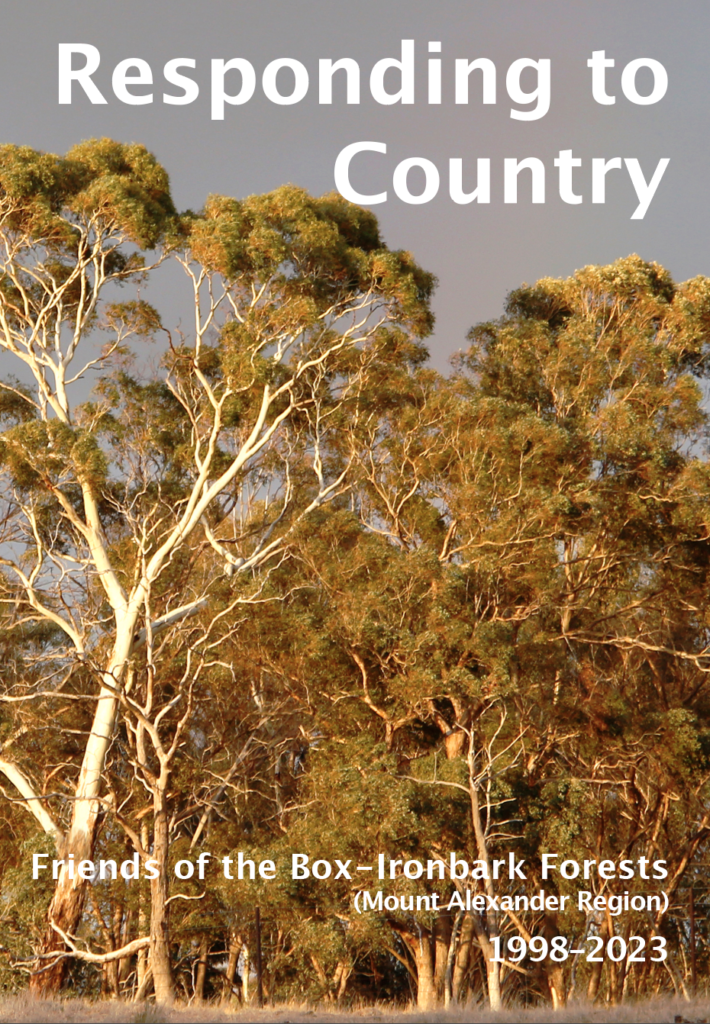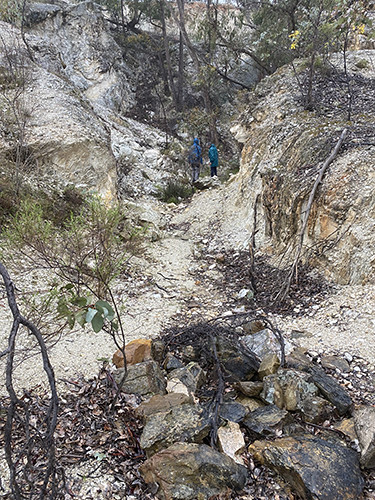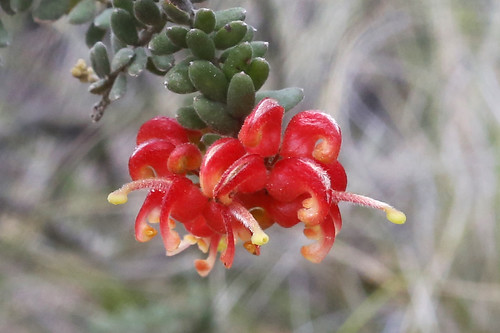Serious bushfires still burning in NSW have brought out some familiar discussion themes. Like this one: if only there had been more fuel reduction burns, these fires wouldn’t be so bad. And: the reason we don’t have enough reduction burns is that environmentalists are stopping them.
These charges have been loudly proclaimed by prominent media figures like Alan Jones and Andrew Bolt, and we can confidently expect to hear them again this fire season. It’s worth making a few points on the subject, because it seems like the 2009 Bushfires Royal Commission and its aftermath has never happened.
Fuel reduction programs can enable firefighters to control a fire more easily, before it gets to the uncontrollable stage. But they have to be properly done, and they don’t always work. Fuel reduction is not like putting a vacuum cleaner through the bush and sucking up all the fuel, making the place much safer. It’s a tricky and sometimes risky enterprise, and needs the right conditions for success: too wet, and your burn won’t take; too dry, and you risk blowing the place up. If your burn is too moderate, it makes no difference. If it’s too severe, it can not only destroy natural values, but it can cause prolific regrowth with a resultant increased fuel load. A parliamentary report in 2002 noted:
‘Post burn assessments of the effectiveness of prescribed burns in the Blue Mountains in the period 1990-97 found that 30 per cent of the burns had a negative result, 40 per cent were sub-optimal, and 30 per cent could be rated as effective burns. The negative results occurred when there was more “creation of fuel” than reduction of fuel, with “creation” of fuel being the fire’s curing of fuels rather than consumption of them.’
This is not an argument against fuel reduction–and these figures may not apply to all situations: but they are a caution against the claim that reduction is easy, and all you have to do is get rid of restrictions on it.
The charges that fuel reduction programs in NSW have been stymied in some undefined way seem to be flat out false. They’ve also distracted attention from the fact that fuel reduction, whatever its merits, is only one of several major challenges facing fire authorities.

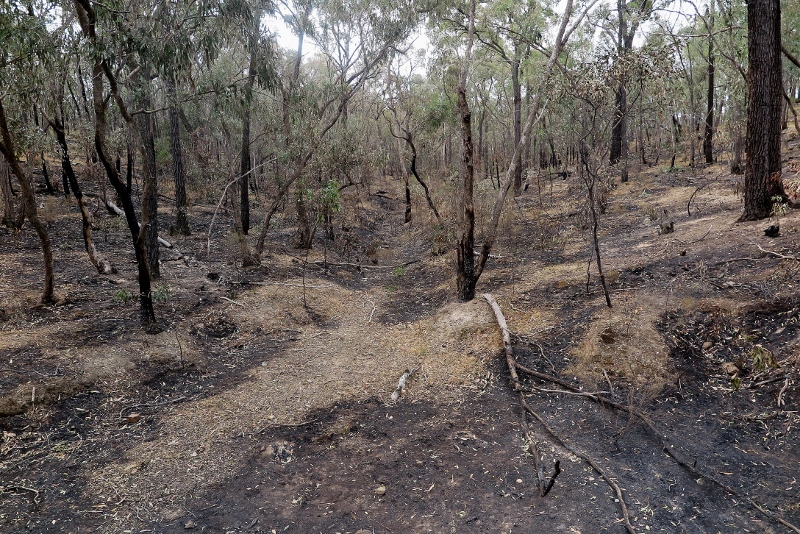
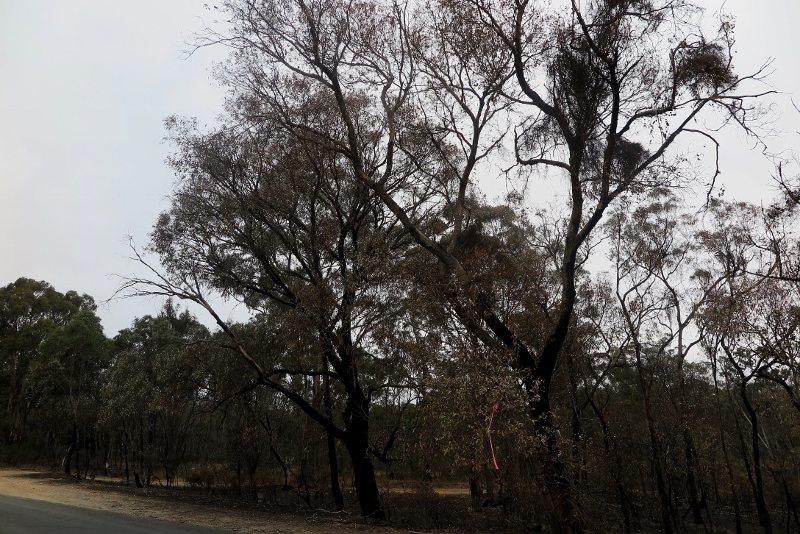
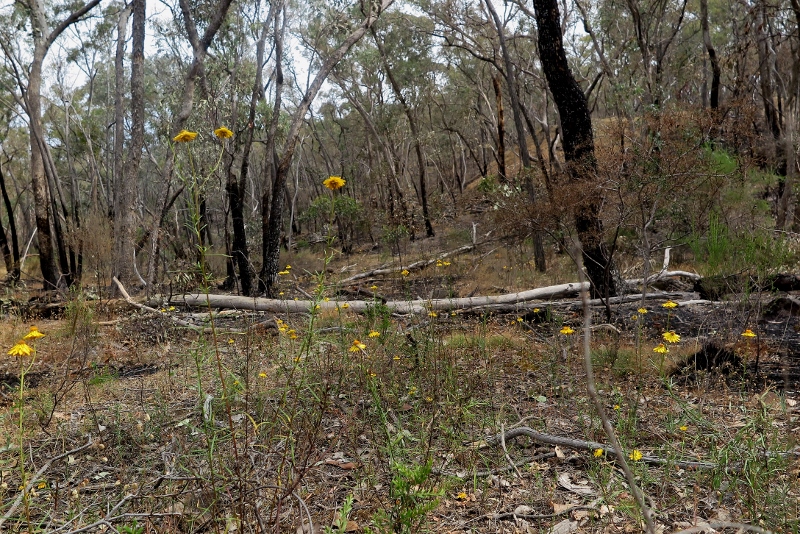

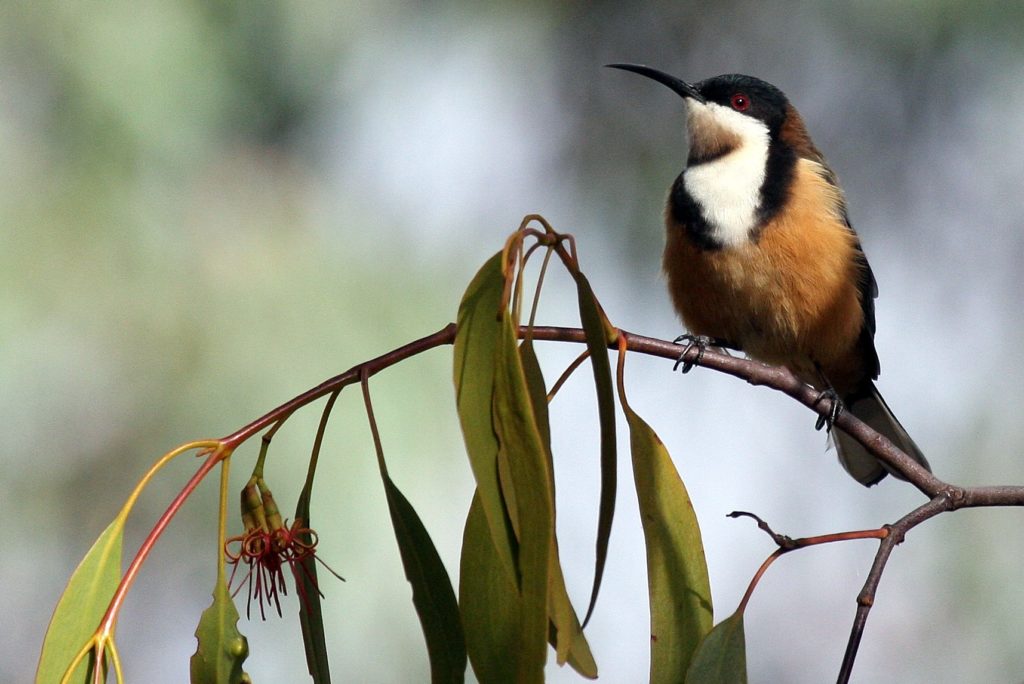
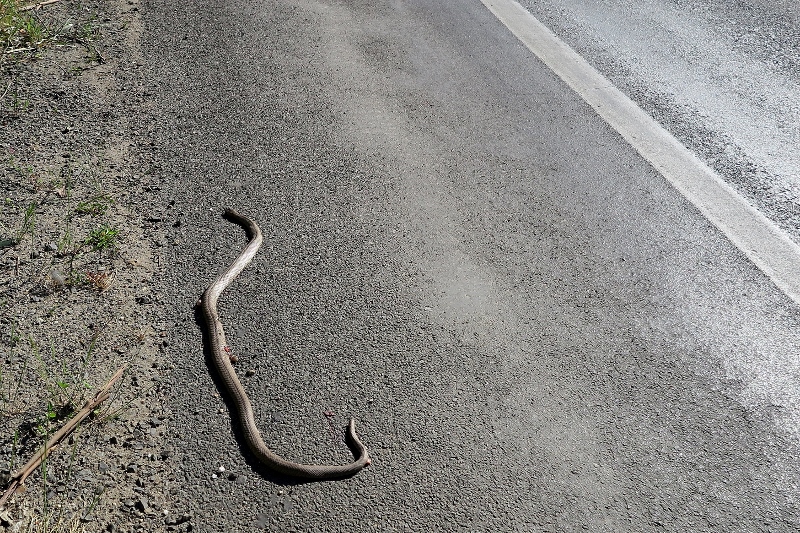

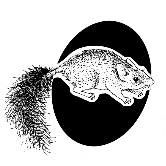
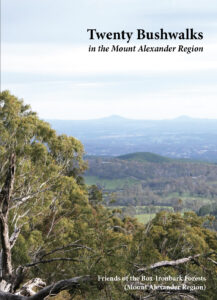
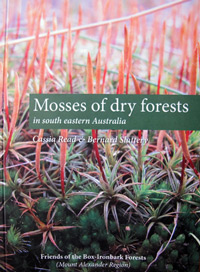 Click on image for info/order page
Click on image for info/order page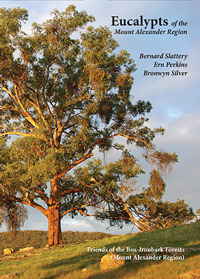 Click on image for info/order page
Click on image for info/order page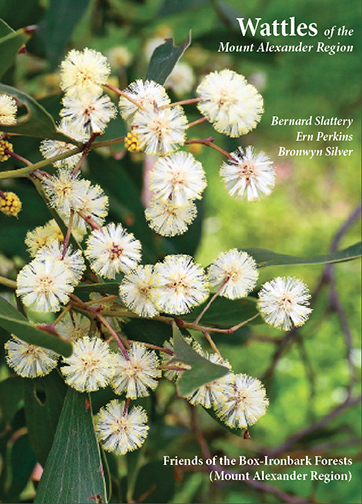 Click on image for info/order page
Click on image for info/order page
